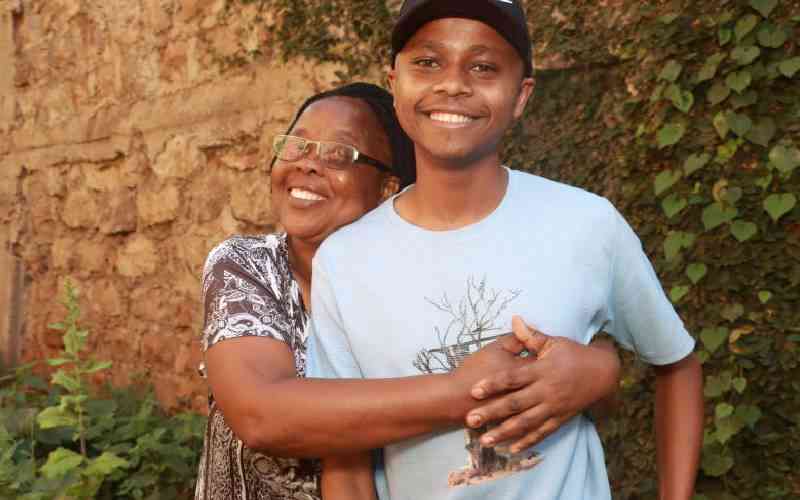×
The Standard e-Paper
Kenya's Bold Newspaper

A cloud of fear, anxiety, and uncertainty has engulfed the homes of two abduction victims, who were released on Monday but are still grappling with the trauma of their ordeal.
Despite their release, 24-year-old Billy Mwangi and Gideon Kibet, alias Kibet Bull, are reluctant to discuss the details of what they went through.